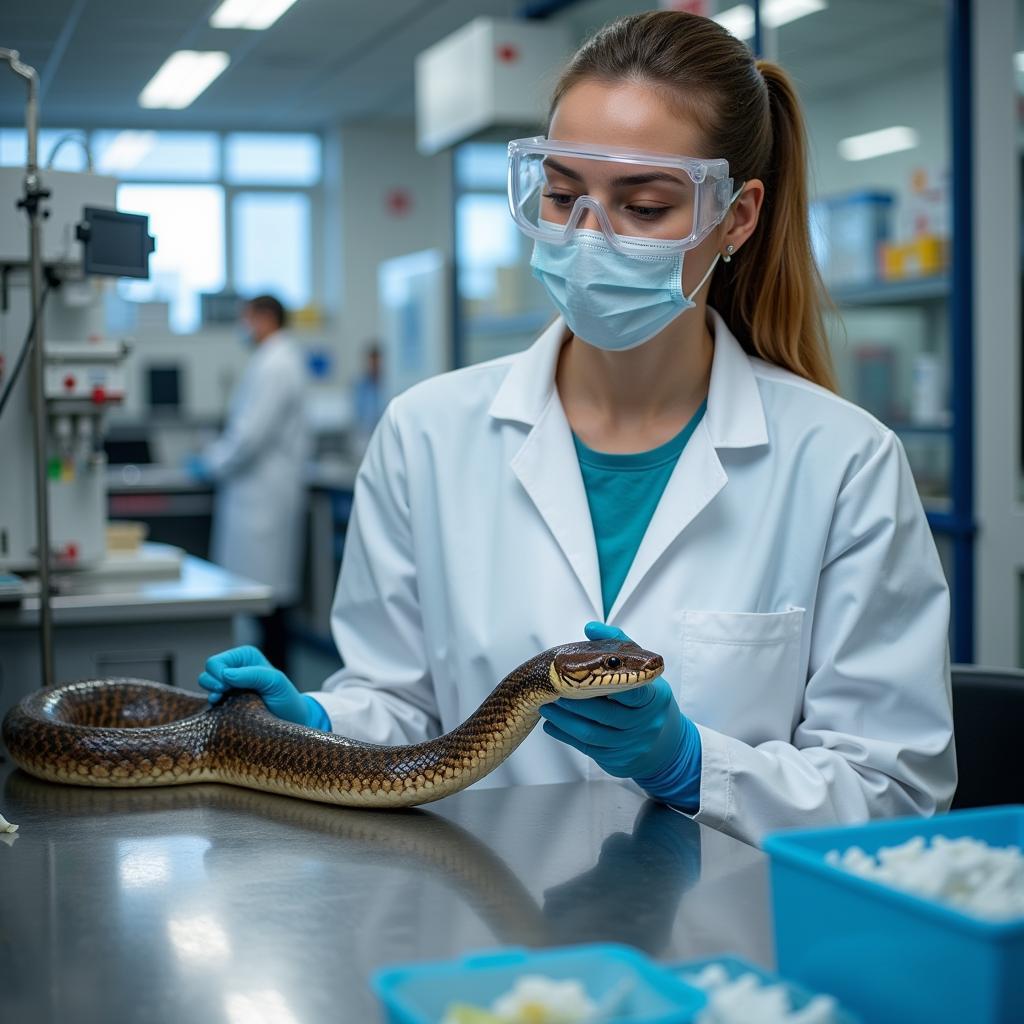When discussing unusual occupations in IELTS Speaking, candidates often struggle to provide detailed and engaging responses. This topic frequently appears in Part 2 and Part 3, requiring comprehensive vocabulary and well-structured answers. Let’s explore how to effectively tackle this speaking topic to achieve a high band score.
Part 1: Introduction Questions
Common Questions and Sample Answers
- What kind of jobs do you find interesting?
- Have you ever heard of any unusual jobs?
- Would you like to try an unusual job?
Sample Answer (Band 8-9):
“I find unconventional careers particularly fascinating, especially those involving wildlife conservation. Recently, I learned about describe a person who has a unique profession who works as a snake milker – someone who extracts venom from poisonous snakes for medical research. It’s both dangerous and crucial work that contributes significantly to pharmaceutical development.”

Part 2: Cue Card
Task
Describe an unusual job you know about
You should say:
- What the job is
- How you knew about it
- What skills are needed for this job
- And explain why you think it is unusual
Sample Answer (Band 8-9)
“I’d like to talk about a professional food taster, which is quite different from describe a job that you find interesting. I first learned about this occupation through a documentary on Netflix about quality control in the food industry.
The role involves meticulously evaluating various food products before they reach consumers. These professionals must have exceptionally refined palates and the ability to discern subtle flavor variations. They need extensive knowledge of food science, chemistry, and culinary arts.
What makes this job particularly unusual is that these experts must maintain strict dietary restrictions outside work hours to keep their taste buds sensitive. They can only taste a limited number of products per day to avoid palate fatigue, and they follow specific protocols for cleansing their palates between tastings.
The most fascinating aspect is how they must translate sensory experiences into quantifiable data, using standardized terminology to describe taste, texture, and aroma. It’s quite different from describe a job you think you would not enjoy doing, as it requires both scientific precision and artistic sensitivity.”
Part 3: Discussion Questions
Q1: How do you think unusual jobs will evolve in the future?
Sample Answer (Band 8-9):
“With rapid technological advancement, we’re likely to see the emergence of even more specialized and unconventional roles. For instance, similar to describe an unusual skill you learned, we might need virtual reality experience designers or artificial intelligence ethics consultants. These roles will require a unique blend of technical expertise and creative problem-solving abilities.”
Q2: Why do some people prefer unusual jobs over traditional ones?
Sample Answer (Band 8-9):
“Many individuals are drawn to unusual jobs because they offer unique challenges and opportunities for innovation. Like describe an unusual job you heard about, these roles often provide greater autonomy and the chance to pioneer new fields. Furthermore, unusual jobs typically attract people who value creativity and independence over conventional career paths.”
Key Vocabulary and Expressions
- Unconventional career paths /ˌʌnkənˈvenʃənəl kəˈrɪə pɑːθs/ – non-traditional job choices
- Niche expertise /niːʃ ˌekspɜːˈtiːz/ – specialized knowledge in a specific area
- Pioneering role /ˌpaɪəˈnɪərɪŋ rəʊl/ – groundbreaking position
- Innovation-driven /ˌɪnəˈveɪʃən drɪvən/ – motivated by new ideas and methods
- Cutting-edge field /ˈkʌtɪŋ edʒ fiːld/ – most advanced area of work
Examiner’s Tip: When describing unusual jobs, focus on providing specific details and connecting them to broader societal trends. Use advanced vocabulary naturally and maintain a clear structure in your responses.